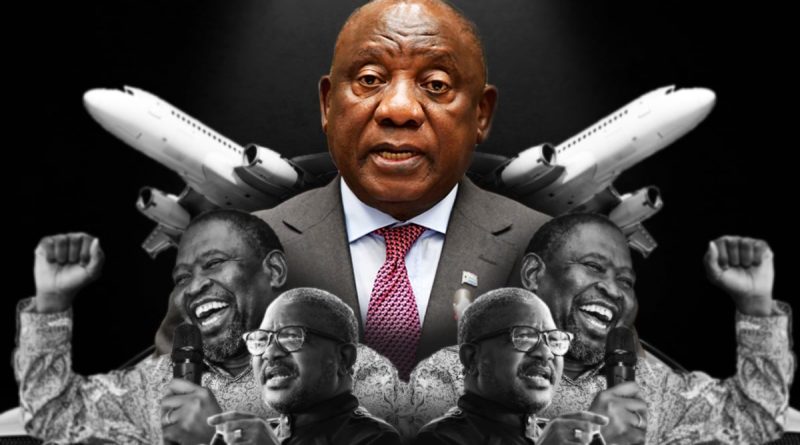Why ministers get free perks in South Africa
There is no legislative basis for the controversial Ministerial Handbook to exist, says president Cyril Ramaphosa – but it is something that the cabinet agreed on to ensure that ministers have the necessary “tools of the trade” to do their jobs.
Responding in a written parliamentary Q&A this week, Ramaphosa said that the state must ensure that political office bearers are provided with the necessary tools to perform their duties effectively.
He said that the Guide for Members of the Executive – known as the ministerial handbook – provides a framework to manage the extent to which the state provides these tools.
However, when asked what piece of legislation is used to adopt the handbook, the president said that it is not based on any legislative provision.
“The adoption of the guide is not done in terms of any legislative provision but is the result of a cabinet decision that the tools of the trade need to be defined and regulated,” Ramaphosa said.
According to the president, tools of the trade include official and private accommodation, offices, office supplies and stationery, ICT, supportive staff, travel facilities and security.
Broadly, through the 2019 handbook, cabinet ministers are entitled to, among others:
- VIP protection services;
- Up to R700,000 for vehicles for official use;
- Coverage of travel costs for official purposes;
- The use of VIP services at airports during official trips;
- Security upgrades at official residences;
- Coverage of utilities at official residences;
- The employment of aides and other workers to assist on the job.
These perks are over and above the salaries ministers and deputy ministers draw, which is between R2 million and R2.4 million a year.
The handbook has always been a point of contention in the political space, but two changes were made in 2022 that drew intense public backlash.
In an April 2022 revision of the handbook, Ramaphosa gave the thumbs up to unlimited utility coverage for ministers – from a R5,000 limit before – and the president also allowed for each minister to have up to 15 assistants or aides, who would all draw a salary from the fiscus.
According to Ramaphosa, the two changes were proposed and approved following discussions in cabinet between the Minister for Public Service and Administration, the Minister of Finance and the Minister of Public Works and Infrastructure.
The first amendment – increasing the number of aides – came as members of the executive said additional resources were required to support certain tasks.
“These additional resources would be subject to the authorisation of the Minister of Public Service and Administration to ensure these resources are required and to mitigate any abuse,” Ramaphosa said.
The second amendment removed the limit of R5,000 for which the state would bear the cost of electricity and water at a member’s private residence, which was designated as an official residence, said Ramaphosa.
This was a particularly sharp point for the public, who were – and still are – suffering through the worst levels of load shedding on record and have faced several water outages in recent months. This gave the impression that government ministers were enjoying an abundant and free supply of water and electricity while the citizens were struggling to get basic services.
“Following public concerns about these amendments, it was decided to revert to the previous version of the Guide for Members of the Executive, adopted in 2019,” said Ramaphosa.
The 2022 ministerial handbook is now under ‘independent’ review, with Ramaphosa making a U-turn on the perks and luxuries proposed in amendments to the ministerial handbook for 2022.
Read: New SARS travel pass launches in South Africa

